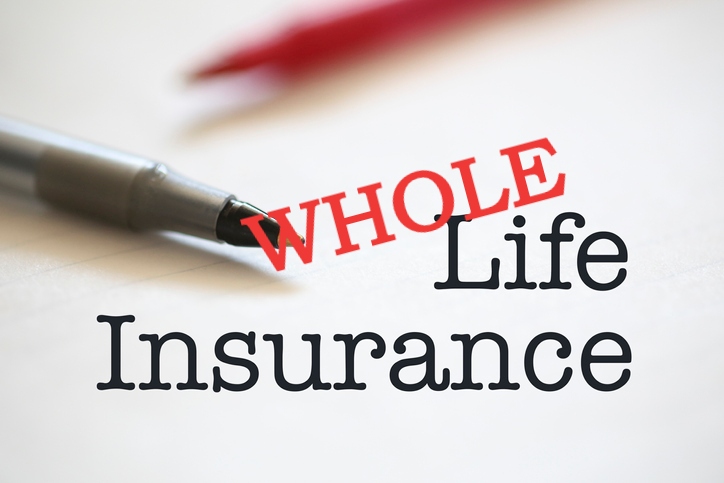“The Complete Guide to Whole Life Insurance: Everything You Need to Know”
Image Source – Google
Whole life insurance is a type of permanent life insurance that provides coverage for your entire lifetime. It offers not only a death benefit but also a cash value component that can grow over time. This guide will walk you through everything you need to know about whole life insurance, including how it works, its benefits, potential drawbacks, and how to determine if it's the right option for you.
How Whole Life Insurance Works
Whole life insurance works by providing coverage for your entire life as long as you continue to pay the premiums. When you pass away, the insurance company pays a death benefit to your beneficiaries, which can be used to cover funeral expenses, outstanding debts, or provide financial security to your loved ones.
In addition to the death benefit, whole life insurance also accumulates cash value over time. A portion of your premium payments goes towards the cash value, which grows on a tax-deferred basis. This means that you won't have to pay taxes on any growth in the cash value until you withdraw or borrow against it.
The Benefits of Whole Life Insurance
Whole life insurance offers several benefits:
- Lifetime coverage: Unlike term life insurance, which only provides coverage for a specific term, whole life insurance ensures that you have coverage for your entire life.
- Guaranteed death benefit: As long as you continue to pay the premiums, the death benefit is guaranteed and will be paid out to your beneficiaries when you pass away.
- Cash value growth: The cash value component of whole life insurance grows over time, providing you with a savings component that can be used for various purposes.
- Tax advantages: The cash value growth is tax-deferred, meaning you won't have to pay taxes on any growth until you withdraw or borrow against it.
- Ability to borrow against the cash value: You have the option to borrow against the cash value of your whole life insurance policy, providing you with a source of funds for emergencies or other expenses.
Drawbacks of Whole Life Insurance
While whole life insurance offers many benefits, there are also some potential drawbacks to consider:
- Higher premiums: Whole life insurance typically has higher premiums compared to term life insurance, as it provides coverage for your entire lifetime and includes a cash value component.
- Complexity: Whole life insurance policies can be more complex compared to term life insurance. It's important to carefully review the policy details and understand how the cash value component works.
- Lower returns compared to other investment options: While the cash value component of whole life insurance can grow over time, the returns may be lower compared to other investment options such as stocks or mutual funds.
- Less flexibility: With whole life insurance, you may have less flexibility in adjusting your coverage or premium payments compared to term life insurance.
Is Whole Life Insurance Right for You?
Determining if whole life insurance is the right option for you depends on your individual needs and financial goals. Consider the following factors:
- Financial dependents: If you have financial dependents who rely on your income, whole life insurance can provide them with financial security and cover any outstanding debts.
- Estate planning: Whole life insurance can play a role in estate planning by providing liquidity to cover estate taxes or equalize inheritances.
- Tax planning: If you have significant assets and are concerned about estate taxes, the cash value growth in whole life insurance can be a tax-efficient way to pass wealth to your beneficiaries.
- Long-term financial goals: If you have long-term financial goals, such as funding college education or supplementing retirement income, the cash value component of whole life insurance can provide a source of funds.
It's important to consult with a financial advisor or insurance professional to help determine if whole life insurance aligns with your specific needs and financial situation.
Overall, whole life insurance offers lifelong coverage, a guaranteed death benefit, and a cash value component that can provide financial security and serve as a savings tool. However, it's essential to carefully evaluate the costs and benefits to determine if it's the right option for you.
